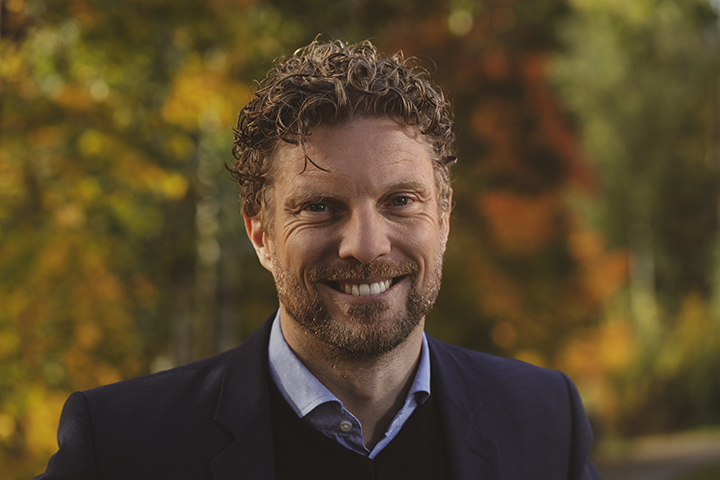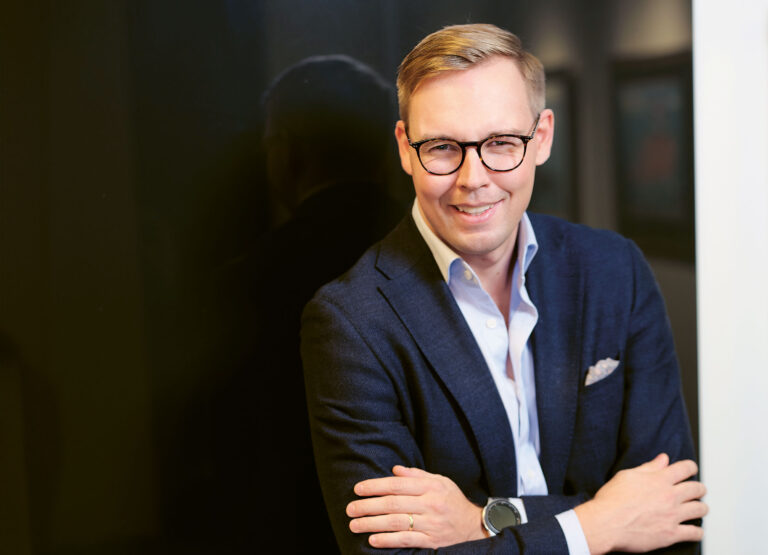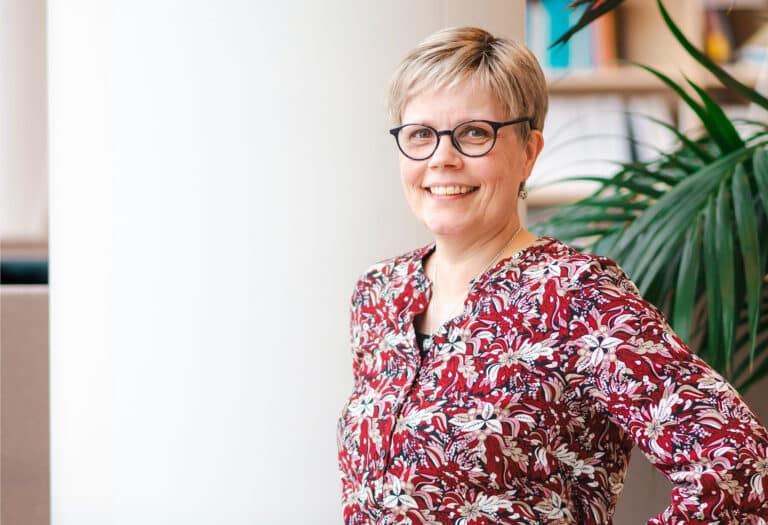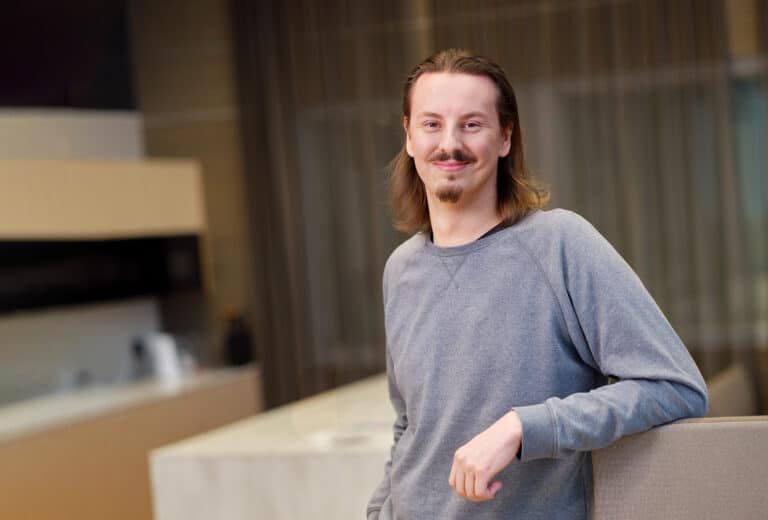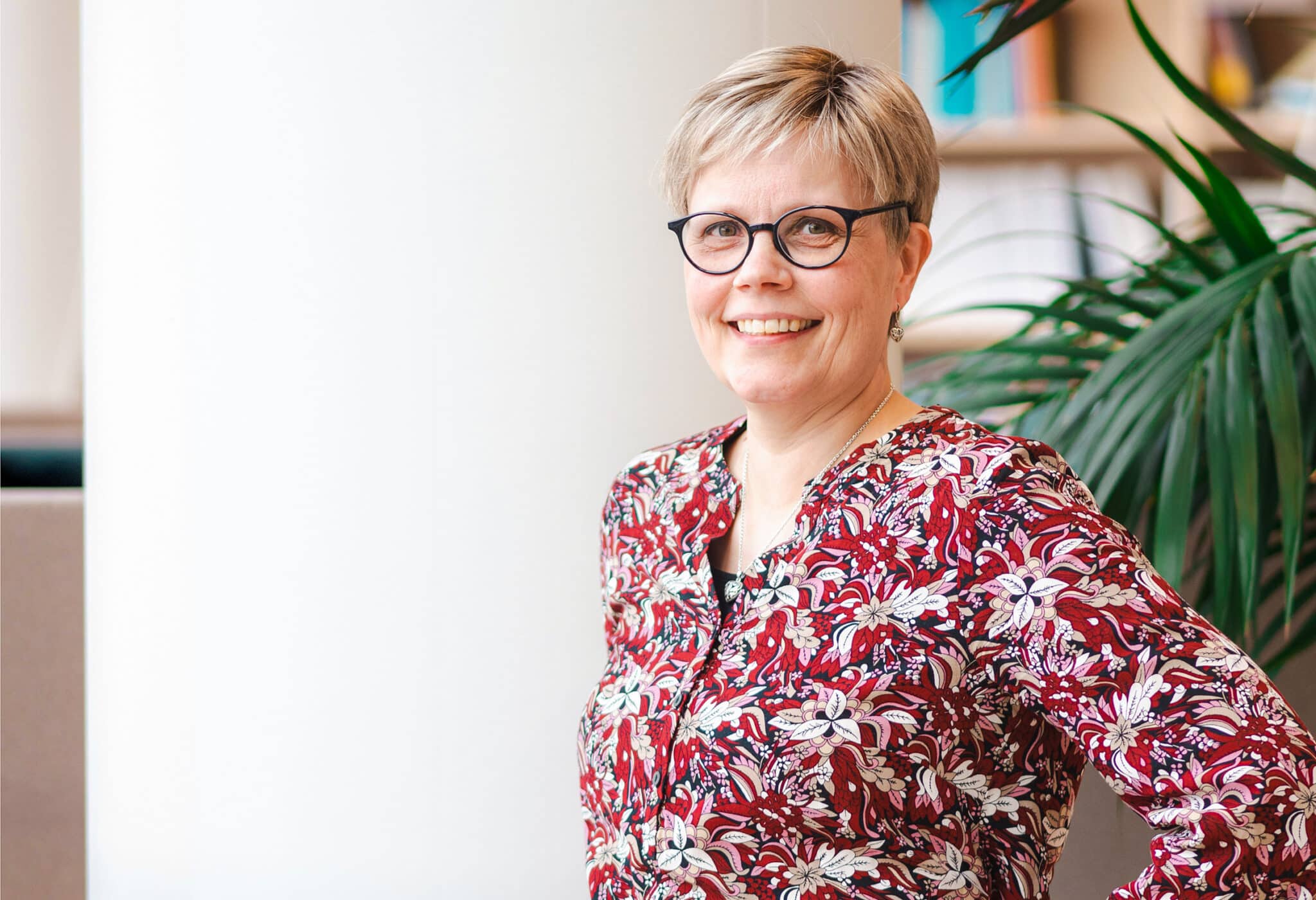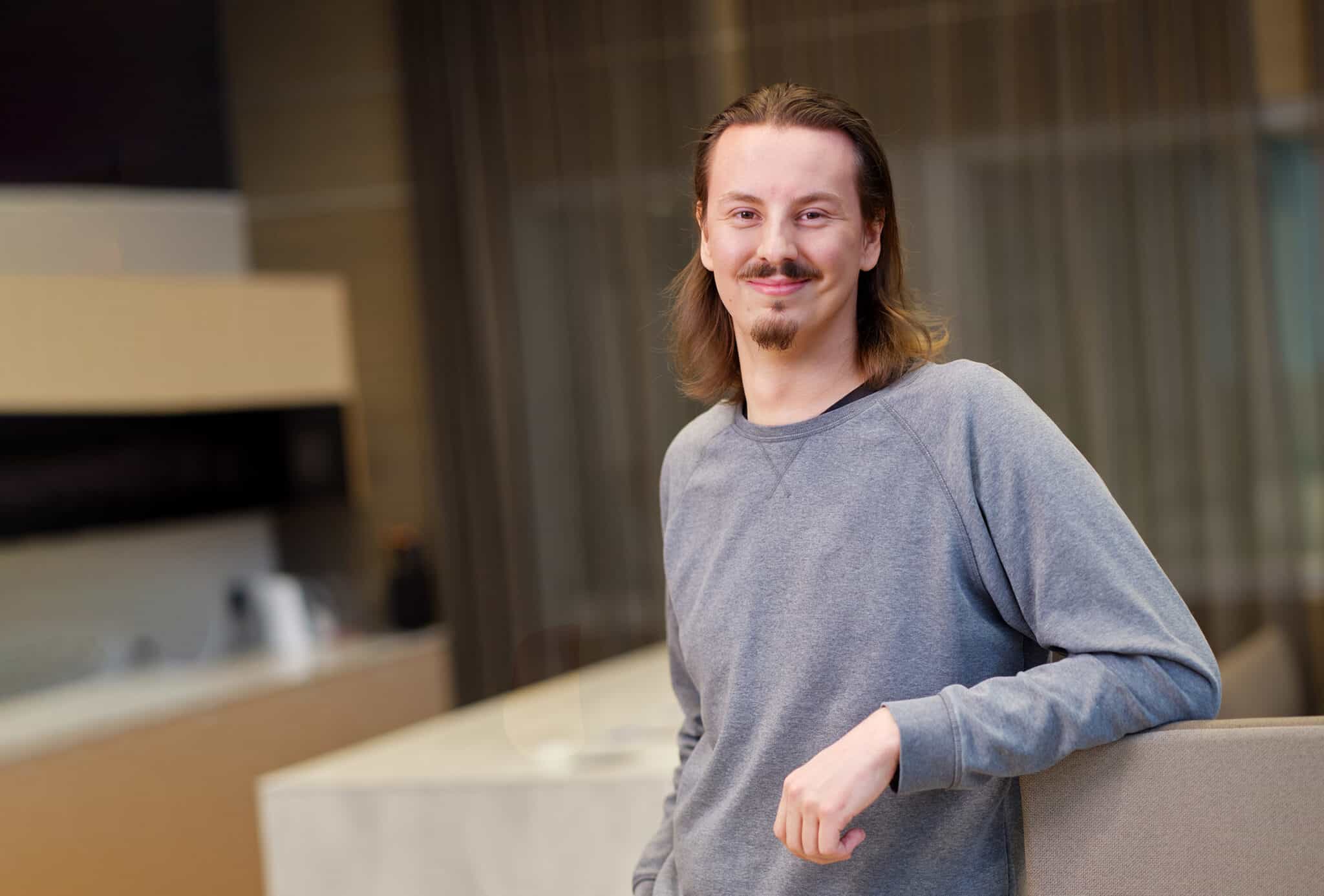Virtual Power Plants (VPP) are the next wave in the energy revolution, believes Samuel Enggist, Senior Business Development Manager for Swiss-based tiko Energy Solutions AG. The company is an energy-sector start-up which has created the tiko platform, bringing the power of a Virtual Power Plant (VPP) to the consumers in Central Europe.
Presently, tiko Energy Solutions has nearly 40 employees, representing as many as 15 nationalities. Operating in France, Germany and Austria in addition to its native Switzerland, tiko is one of the largest real-time Smart Grids in the world.
“What we do is collect all household electric heating, PV, battery and eCharging devices and aggregate them into a Virtual Power Plant and then sell it to the market,” Enggist says, adding that in Switzerland, for example, the VPP pool includes more than 7,000 households.
At the same time the households receive an attractive Smart Home System with the functionality of monitoring energy flows, increasing efficiency by remote control and enjoying high level of comfort thanks to an alarming service.
Wanted: More Flexibility!
According to Enggist, the company’s customizable, future-proof technology has the life-expectancy of a PPP (Physical Power Plant) and enables the delivery of the “full spectrum of energy services”.
Behind the innovation is Swiss Government’s energy strategy which calls for a separation from nuclear power. “That is a bit of challenge in a country where hydropower accounts for 60% of energy production and nuclear power for 40%. Since renewables can’t always be counted to deliver, the system needs flexibility. With VPP, we’ve found the answer,” explains Enggist.
The startup believes that tiko platform is a driver for disruption and innovation in the energy market, with a real shot of creating profitable business models.
“For example, Finland’s energy sector is known for its very pragmatic, innovative approach, and we see that our technology could be applied here in interesting ways.”
Tale of Two Countries
Of course, Finland is not Switzerland – the energy consumption per citizen in Finland is more than double that of Switzerland, largely due to heating costs.
“Still, system inflexibility is an issue in both countries and that’s something we can work with,” he says, adding that both Switzerland and Finland have a “similar spirit” of innovation and startup mentality.
Another marked difference is the market itself: Finland has an open energy market while in Switzerland restrictions apply on consumers’ choice on utilities providers, if not so much on companies.
“We have a very fragmented field, with 700 utilities companies in a country of 8 million people,” says Enggist.
Then, of course, Switzerland is not a member of the European Union, but Enggist says that the Alp country has been following EU’s lead in energy issues.
“Our energy legislation takes its cue from the EU, so compatibility is given.”

